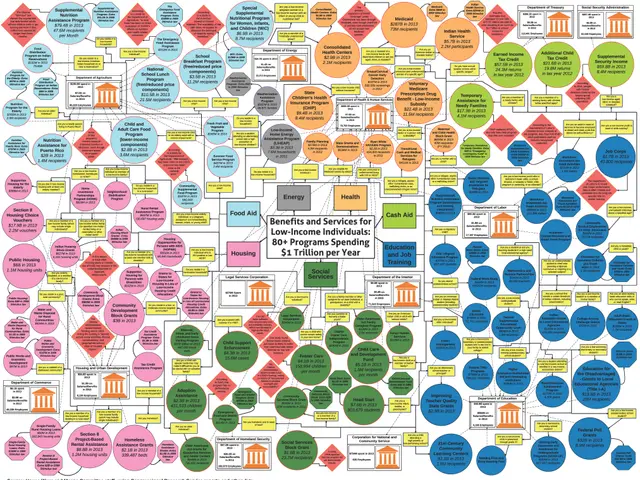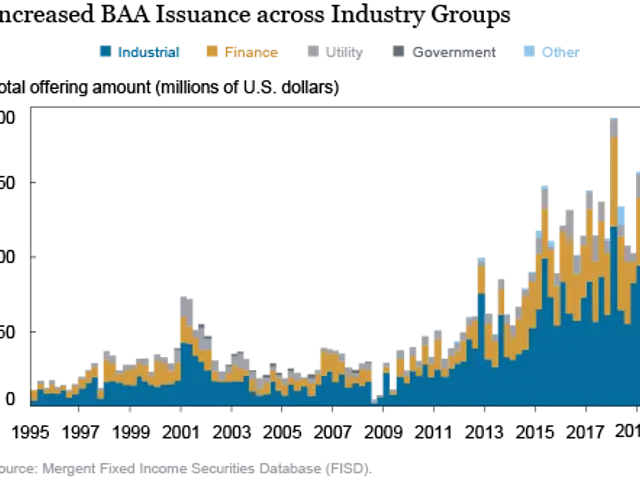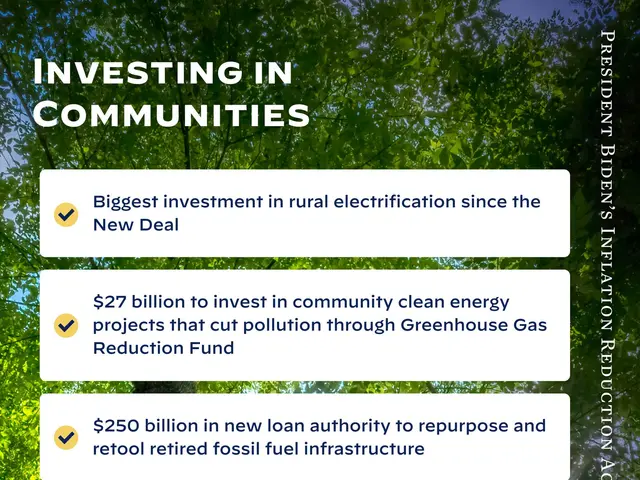Contemplating a $1,000 investment in Home Depot shares at present, with the intention of maintaining ownership for a decade?
With over 2,345 stores under its belt and a trailing-12-month sales figure of $155 billion, Home Depot (HD 0.03%) is undoubtedly the heavyweight in the home improvement industry. This retail titan has seen a monstrous 211,200% return on investment over the past four decades, making it a truly outstanding choice.
However, Home Depot hasn't been immune to recent hiccups in its operations. After enjoying substantial double-digit revenue growth during the COVID-19 pandemic, the business has experienced a cooling off period. Consumers are now grappling with higher interest rates and inflationary pressures, which has dampened their enthusiasm for expensive home renovations. Home Depot reported a 3.2% same-store sales decline in fiscal 2023, and the company's executives anticipate a further 2.5% decline for fiscal 2024.
Despite this setback, Home Depot remains well-positioned to weather the storm. The home improvement sector is an enormous, $1 trillion behemoth, with Home Depot accounting for just 15% of the market. This leaves ample room for the business to snap up market share from smaller competitors.
Home Depot's unmatched brand recognition and scale-related advantages are key factors in its staying power. The company's extensive supply chain allows it to offer a vast assortment of products, and its commitment to improving the omnichannel experience ensures customers can shop in the most convenient way possible.
The aging housing stock and ongoing housing inventory crisis present a favorable climate for renovation projects, and climbing housing prices reveal a tremendous untapped reservoir of home equity that can be tapped into.
The market is asking a premium for Home Depot stocks, with a price-to-earnings ratio of 27.9 and an overall "Buy" average rating from analysts. Though the valuation might seem steep, the company's revenue and earnings should grow over the next five or ten years. The strength of its competitive advantages and favorable industry trends contribute significantly to its potential for long-term success.
Home Depot has remained steadfast in its commitment to returning cash back to shareholders. As of now, the company has disbursed $6.7 billion in dividends and reduced its diluted share count by 6% through stock repurchases over the past three years. This returns-focused approach could help offset the stock's high valuation.
Enrichment Data:
- Recovery Period: Home Depot's revenue decline in 2023 indicates a short-term contraction, but analysts anticipate resurgence in the next few years, with an average earnings per share (EPS) of 15.12 for the current fiscal year.
- Dividend Stability: Home Depot has a healthy dividend, with a yield of 2.17% and a dividend payout ratio that is covered by earnings and cash flows.
- Operational Strength: Home Depot is solidly positioned in a stable industry, boasting a strong brand, extensive distribution network, and a demonstrated ability to manage debt and cash flows effectively.
To maximize the investment opportunity, it might be wise to consider diversifying your portfolio, focusing on a long-term investment horizon, and keeping an eye on the company's financials and market conditions. Home Depot represents an intriguing prospect for dividend investors due to its stable payouts, especially in volatile conditions.
In light of Home Depot's resilience and potential for growth, many investors might decide to allocate their finance resources towards purchasing its stocks. Despite the current market's high valuation of Home Depot stocks, the company's strong financial performance and favorable industry trends suggest that it could yield significant returns over the long term. Additionally, Home Depot's commitment to returning cash back to shareholders through dividends and stock buybacks further strengthens its appeal for income-focused investors seeking money-making opportunities in the finance market.








